If you're thinking of detoxing, you may already know how much effort it takes. The last thing you want is all of that effort to go to waste because your diet sabotaged your detox. There are some foods to avoid while detoxing to prevent this from happening.
On the other end, there are lots of foods that are perfect for a detox. You just need to put more thought into your diet than usual to keep your detox as smooth as possible.
Eating on a Cleanse
If you're wondering how to pass a drug test, you'll want to start with your diet.
Even if you're using processes other than dieting to cleanse, what you eat is one of the most important aspects of detoxing. If you eat the right foods during your cleanse, you're sure to complete the process with ease. Healthy food can alleviate detox symptoms and help your body break down and quickly expel toxins.
But, eating poorly can completely ruin your detox. Inadequate foods will worsen withdrawal symptoms like fatigue and dehydration, while others can clog your system and prevent toxins from being broken down and removed. Worst of all, some foods increase your toxin levels, causing you to fail an upcoming drug test.
Foods to Avoid Before a Drug Test
There are some specific foods that you should not consume at all while preparing for a drug test.
1. Alcohol
Since alcohol itself is a toxin, it would be counterproductive to drink while detoxing. Not only does alcohol increase your toxin level, but it often increases withdrawal symptoms.
Additionally, alcohol can make you dehydrated, lethargic, and nauseous. You don't want to be hungover and go through withdrawals simultaneously.
2. Caffeine
Another technically toxic substance, caffeine, should be avoided during a detox. Like alcohol, caffeine can increase your toxin levels.
It may be pretty tempting to drink a cup of coffee or an energy drink while you're going through the inevitable fatigue that comes with a cleanse, but you would be trading long-term results for short-term comfort.
3. Dairy
Dairy products are acidic; they're tough on the cells in your digestive system that are already working so hard. Further, dairy can clog your system and delay the digestive process, keeping toxins in your body longer.
4. Meats
Like dairy, meat is difficult to break down and can clog your system. Meat sitting in your digestive system is a breeding ground for harmful bacteria, which will hinder your digestive function and, in turn, your detox.
5. Processed Foods
Processed foods often contain an excessive amount of chemicals that will increase toxin levels in your body. They're also difficult on your liver; the liver is one of the most important detox organs, so you need to go easy on it!
6. Sugar
Sugar is another toxin that we often consume without thinking about it, but it's crucial to make a conscious decision to avoid it while detoxing. Sugar kills the good bacteria in your digestive system that's necessary for a successful detox.
Sugar can also increase the severity of withdrawal symptoms, especially fatigue and irritability.
It may seem like sugar would lessen those symptoms for a little while, but when you experience the crash from your sugar rush, you'll feel worse than before.
7. Wheat/Gluten
Wheat and gluten are irritating to your digestive system, inhibiting the ability of your detox organs. They can also cause stomach pains and constipation because wheat damages your intestinal lining.
Those damages prevent you from absorbing essential nutrients, which are even more important while you're detoxing.
Foods to Eat During a Cleanse
The best thing your food can do for you while you're detoxing is keeping you hydrated. With that in mind, eat lots of vegetables that are high in water content, like celery and cabbage. Many fruits are high in water, like grapefruit, but avoid fruits with too much sugar.
High-fiber foods are great as well because they keep things moving through your digestive system. You should opt for whole grains like quinoa and brown rice in place of wheat and gluten.
If you can't cut meat from your diet, stick to lean meats only as these will be the easiest to digest. Cold-water fish is one of the safest options, along with lamb and poultry. Just make sure any meat you eat has the fat trimmed off.
Final Thoughts
Your diet is a more significant part of your detox than many people realize; in fact, your diet could make or break it. You'll be setting yourself up for failure if you eat foods that are tough on your digestive system.
Even worse, you'll increase your toxin levels if you consume substances that are toxins themselves, like alcohol, sugar, caffeine, and chemicals from processed food.
The best thing you can do for a successful detox is eat hydrating foods to support your body and lessen the dehydration that comes with detoxing. Only eat foods that are gentle on your stomach and easy to digest so as not to hinder the detox process.
Eating well isn’t the only way you can assist your detox. You can use detox kits to help flush your system of toxins.
Need a little more Bluntness in your life? Sign Up for our newsletter to stay in the loop.
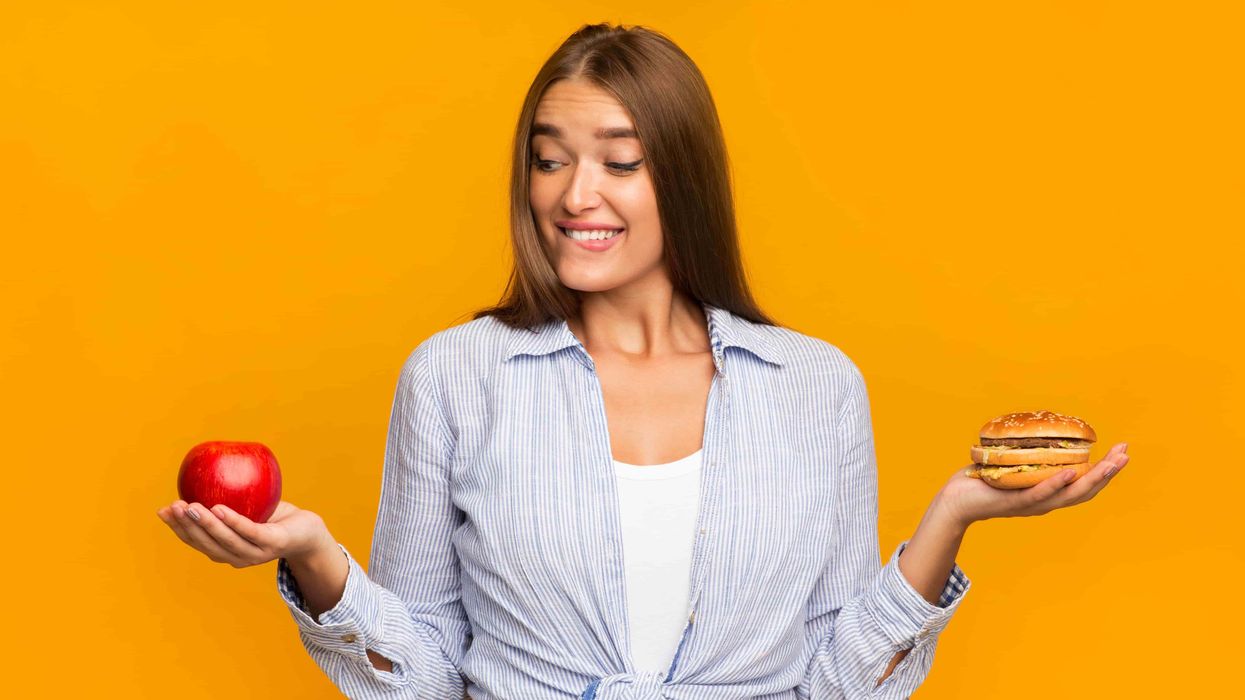







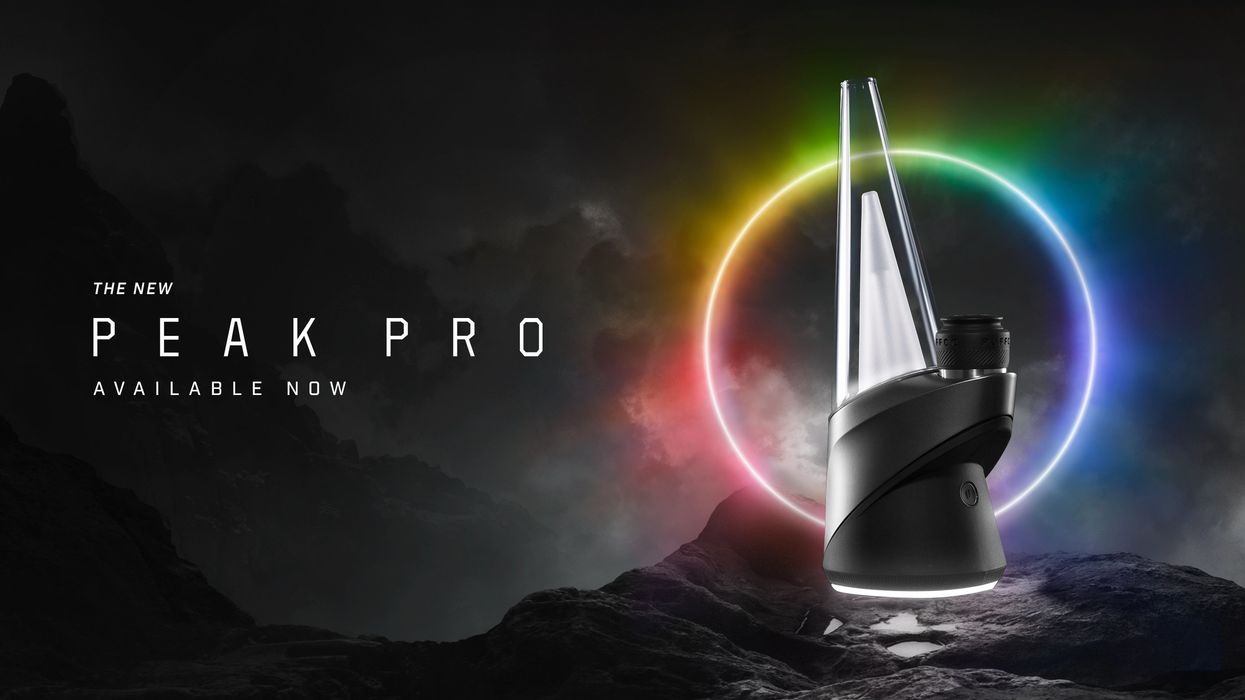




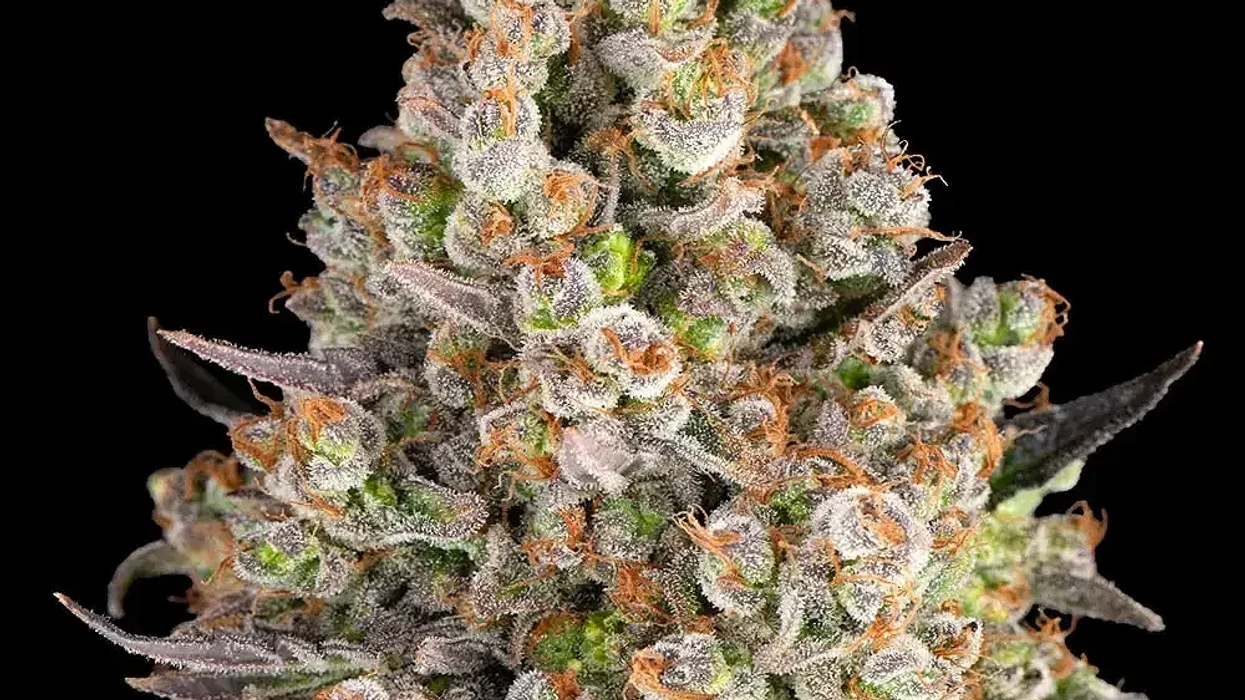
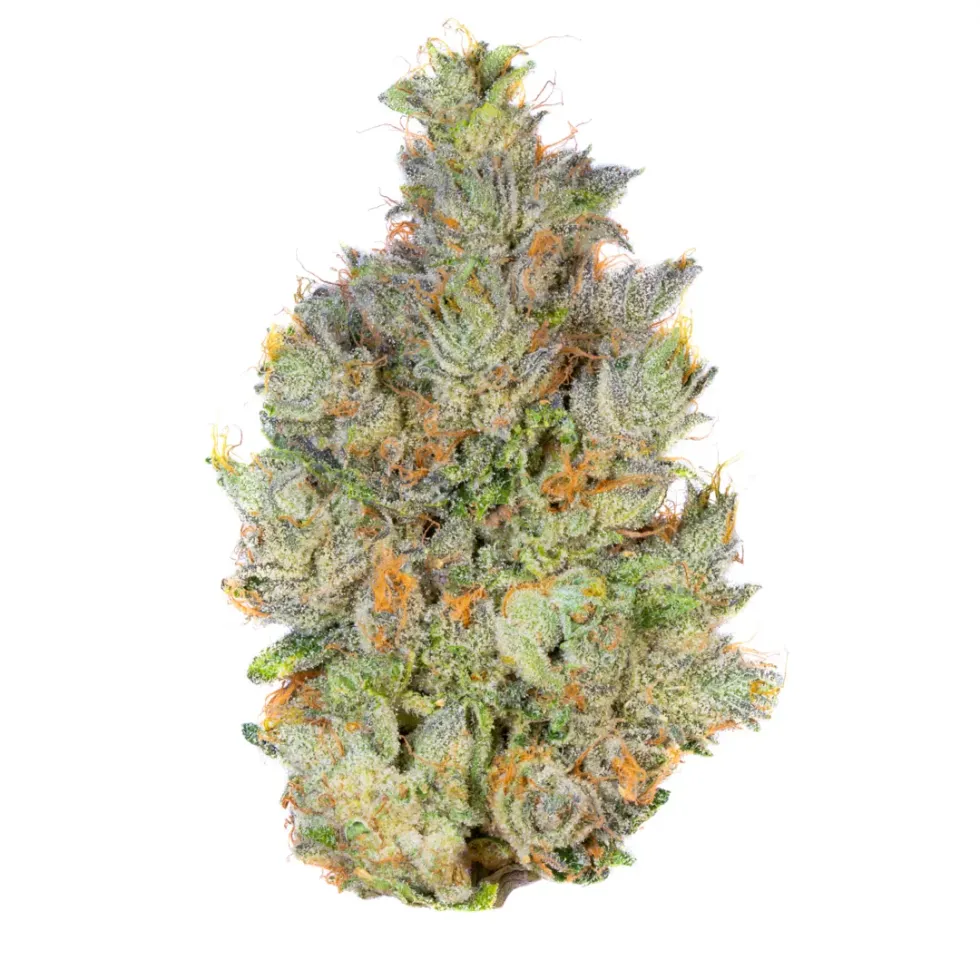 OG Kush Strain: The West Coast Classic That Defined a Generation - The BluntnessAlien Labs
OG Kush Strain: The West Coast Classic That Defined a Generation - The BluntnessAlien Labs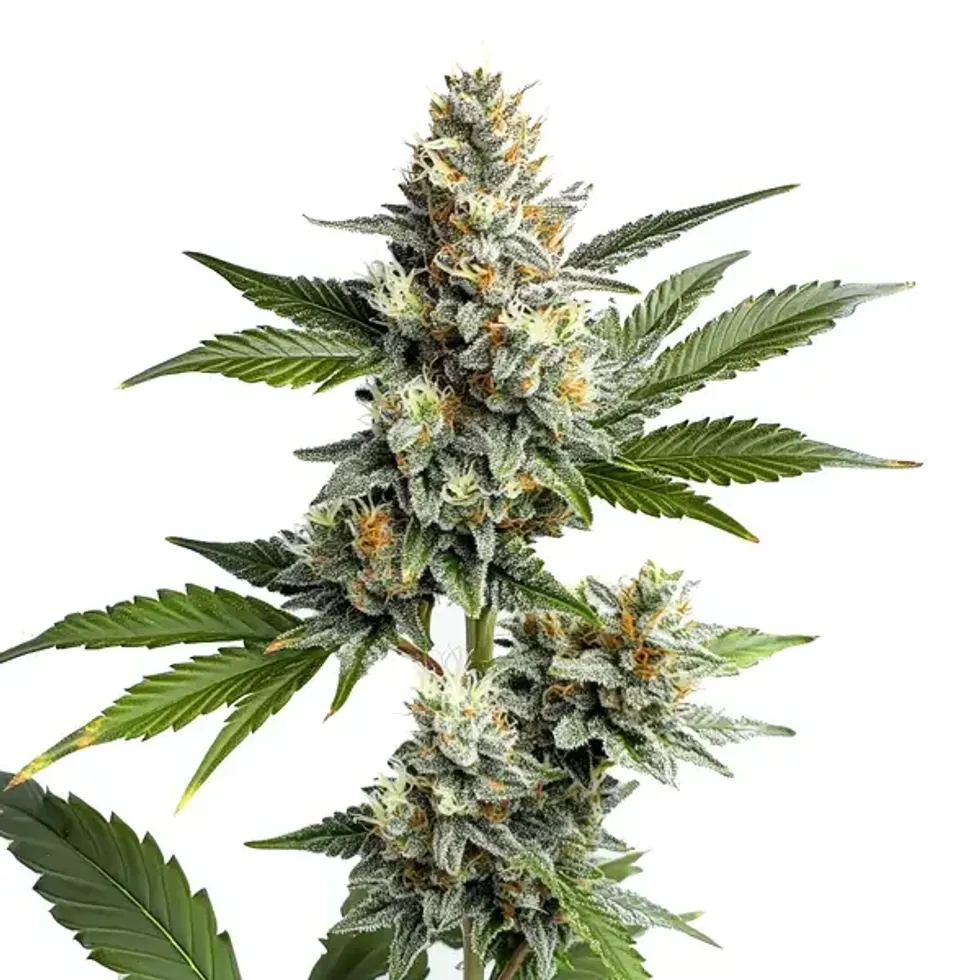 OG Kush Strain: The West Coast Classic That Defined a Generation - The Bluntness
OG Kush Strain: The West Coast Classic That Defined a Generation - The Bluntness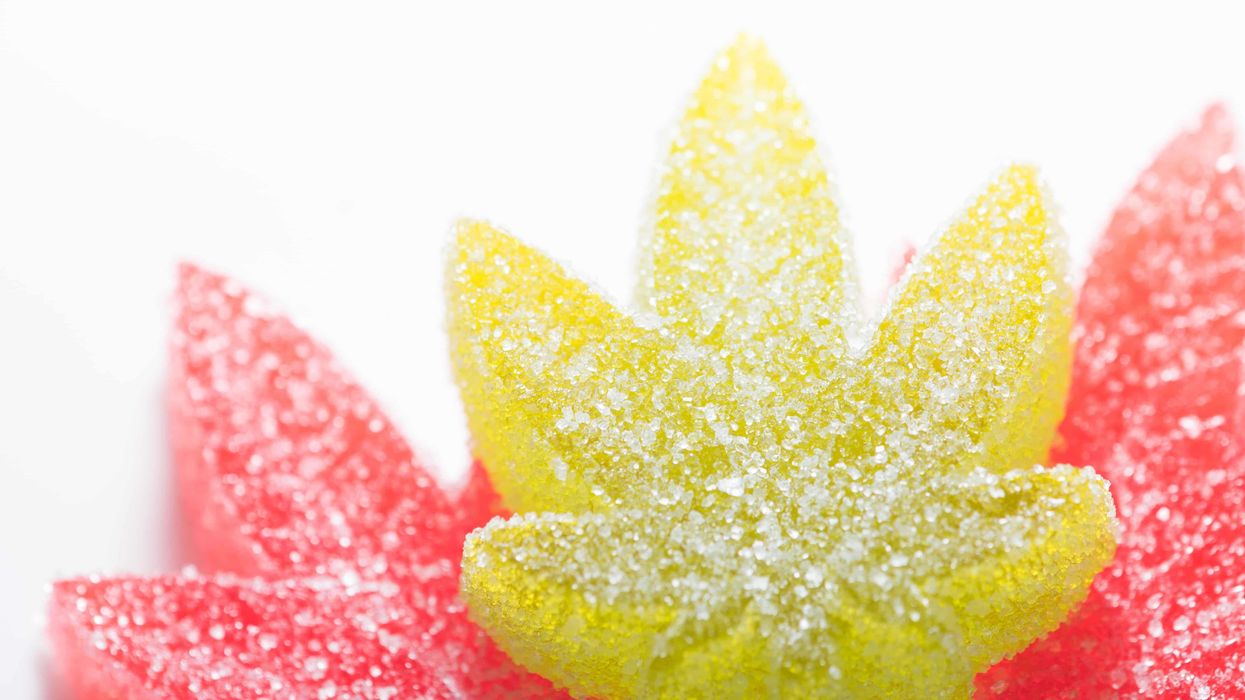
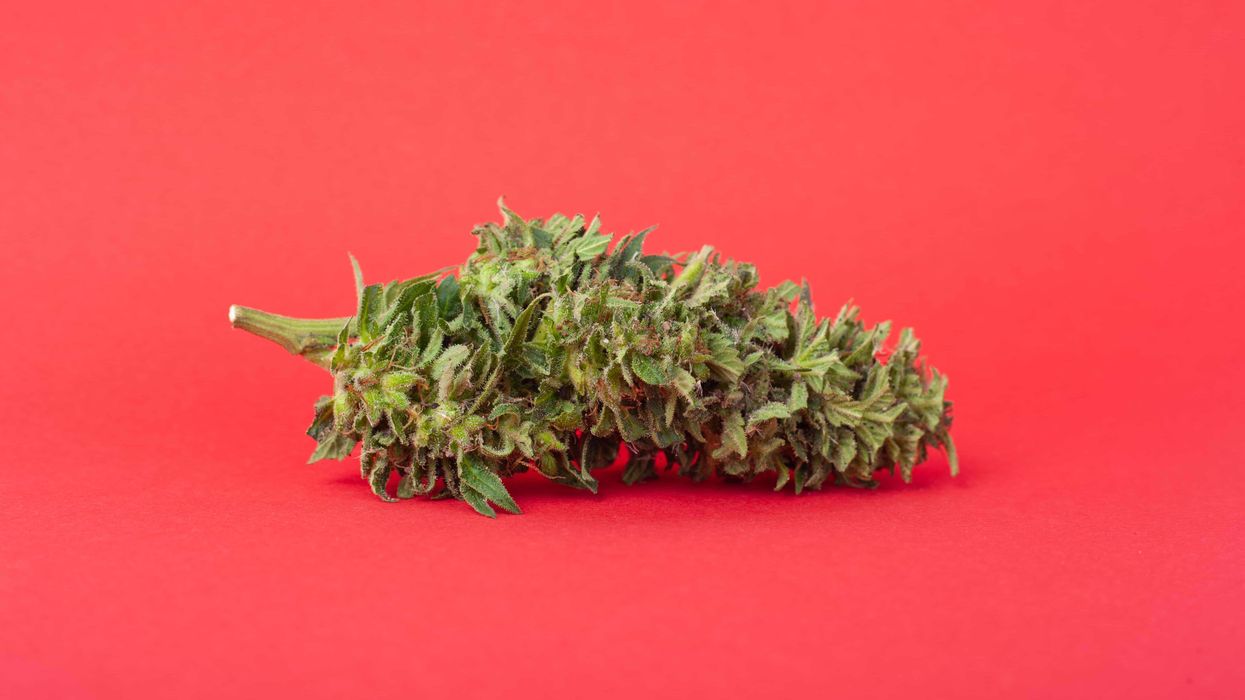
 Free Cannabis for Veterans and Those with Disabilities - The Bluntness
Photo by
Free Cannabis for Veterans and Those with Disabilities - The Bluntness
Photo by 
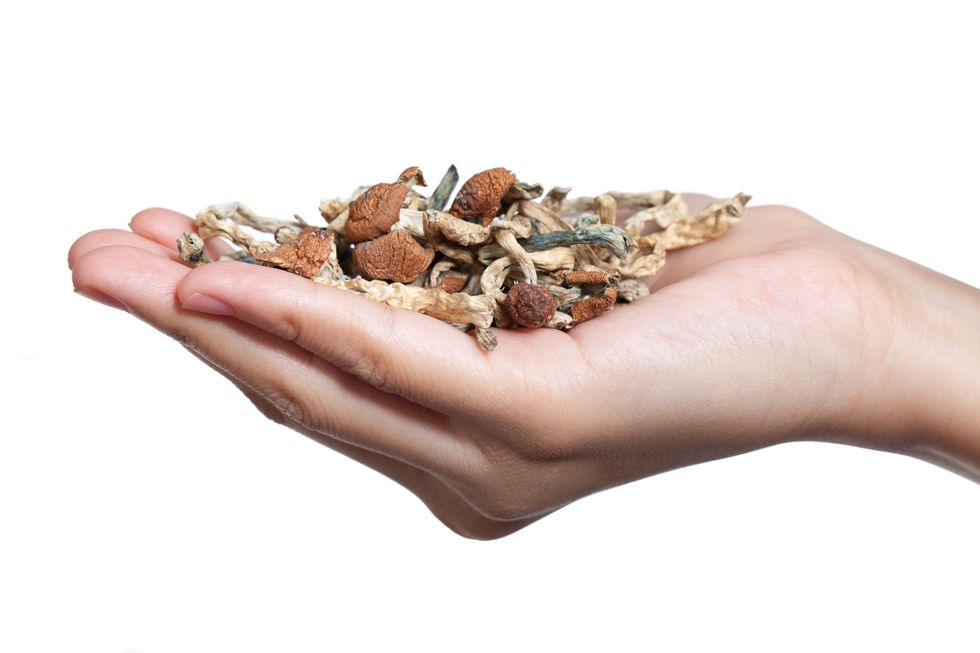 How to Make Mushroom Tea - The Bluntness
null
How to Make Mushroom Tea - The Bluntness
null
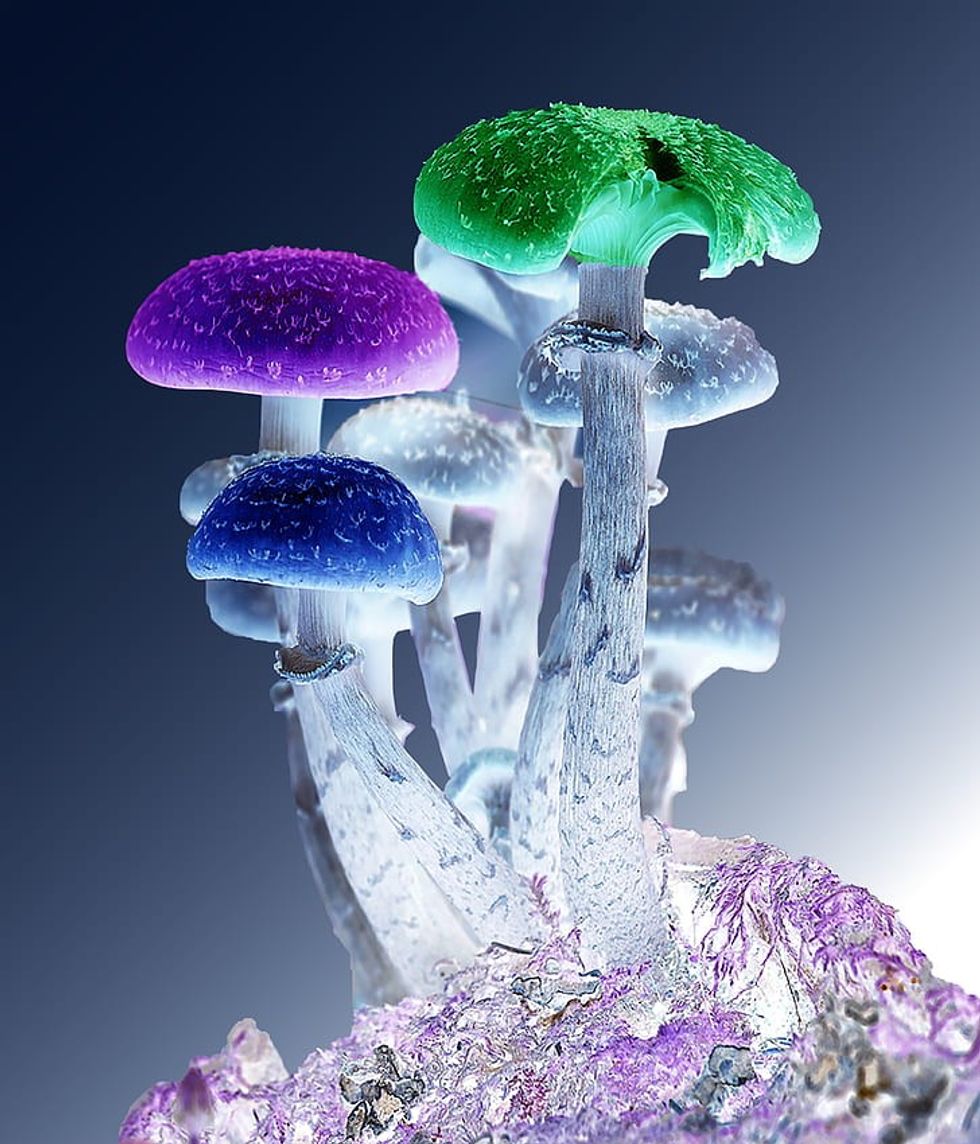 How to Make Mushroom Tea - The Bluntness
www.pickpik.com
How to Make Mushroom Tea - The Bluntness
www.pickpik.com